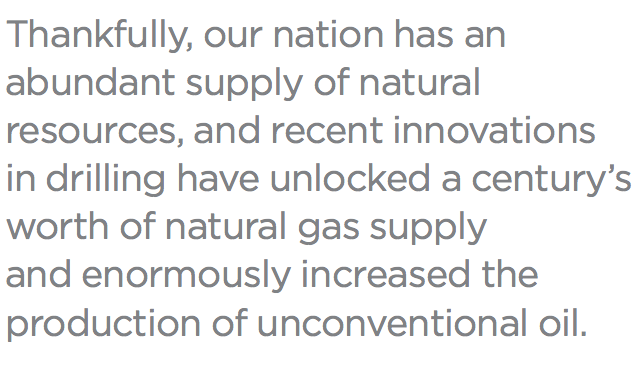- January 4, 2016
- in Green Tips
- by marcos
- 479
- 0

Cross-Posted from
Image Credit: White House Jobs Council
Jeffrey Immelt, Chairman and CEO of General Electric (GE), heads up the Jobs Council and in turn, GE has donated $6,000 so far to Portman’s U.S. Senate race run for office. GE also paid a legion of lobbyists to advocate for H.R. 22.
Speaking to USA Today in May 2015, Martin Durbin — nephew of U.S. Sen. Dick Durbin (D-IL) and head lobbyist for the hydraulic fracturing (“fracking”) industry lobbying group ANGA — expressed his concern that gas pipeline projects could experience a Keystone XL redux.
“These are things that pipeline developers have had to deal with for a long time,” Durbin told USA Today. “But we’ve seen a change in the debate. I hesitate to put it this way, but call it the Keystone-ization of every pipeline project that’s out there, that if you can stop one permit, you can stop the development of fossil fuels. That’s changing the way we have to manage these projects.”
In the months that followed, ANGA, API (the two groups have since merged into a single entity) and several other oil and gas companies lobbied for and succeeded in making such a regulatory change, culminating in the passage of the FAST Act.
So is the age of “Keystone-ization” a done deal? Not everyone thinks so.
“Industry may get many things on its short-term wish list this political season, but the destruction of petrochemical NIMBY-ism as a whole is a pipe dream,” Ramsey Sprague, president of the Mobile Environmental Justice Action Coalition told DeSmog.
“Blockadia is rising. We are seeing more and more examples of frontline communities rising to exercise their agency over their collective futures in pursuit of environmental justice, and the season of decentralized environmental solidarity is only just beginning.”
— This feed and its contents are the property of The Huffington Post, and use is subject to our terms. It may be used for personal consumption, but may not be distributed on a website.


